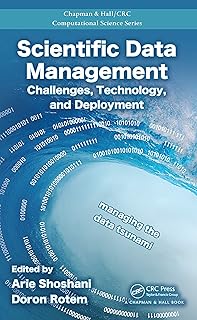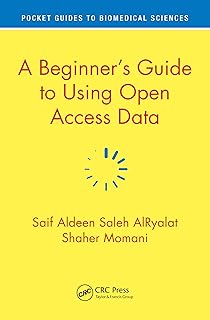Experimental reporting is a crucial aspect of scientific research, ensuring that data is Findable, Accessible, Interoperable, and Reusable (FAIR). The Royal Society of Chemistry emphasizes the importance of depositing research data in appropriate repositories for transparency and reproducibility. Authors are encouraged to include all necessary data with their submissions to comply with journal guidelines.
In experimental reporting, detailed descriptions of experimental procedures and compound characterizations are essential for replicating research findings. Authors are responsible for providing accurate experimental procedures, compound characterization data, and references to the associated literature. Standard techniques and methods should be clearly stated, and authors must ensure accuracy in reporting primary measurements and experimental uncertainties.
For known compounds synthesized via literature procedures, authors should reference previously published characterization data. Details on sources of starting materials and non-standard apparatus descriptions should be included when necessary. Safety information regarding chemicals, procedures, or equipment should also be clearly identified. Authors conducting studies involving live animals or human subjects must adhere to ethical guidelines and provide relevant details in their manuscripts.
Experimental data presentation should follow specific formats for different types of data, including yield, melting point, optical rotation, refractive index, elemental analysis, UV absorptions, IR absorptions, NMR data, and mass spectrometry data. Authors are encouraged to provide detailed information on data acquisition and processing to ensure transparency and accuracy in reporting experimental results.
In computational studies and modeling, authors should provide sufficient information for reproducing results, including equations, data, and numerical parameters. Proper citation of software used for calculations is essential, along with references to underlying methods. Authors are advised to deposit computational output files in appropriate repositories or provide them in the Supplementary Information.
For studies involving electrophoretic gels and blots, authors must provide raw data and supporting images to validate their conclusions. Fluorescence sensor studies should include comprehensive data on sensor performance and analytical methodologies. Guidelines for reporting inorganic and organometallic compounds, polymers, macromolecules, and nanomaterials are outlined to ensure accurate characterization and reporting of synthesized materials.
Authors are also guided on reporting system models, molecular docking studies, X-ray crystallography, powder diffraction data, and other specialized areas to meet the standards of experimental reporting. The Royal Society of Chemistry emphasizes the importance of data sharing, transparency, and adherence to ethical guidelines in scientific research to advance knowledge and promote reproducibility in the scientific community.
📰 Related Articles
- Protect Your Data: Importance of Offline Backups Explained
- Zillow Implements New Listing Standards to Ensure Fair Market Access
- Zara Tindall Honors Royal Equestrian Legacy at Windsor Cup
- Young Pianist Lim Yunchan Shines at Royal Albert Hall
- Why Visit North Bergen Flea Market & Collectible Fair This Saturday?
📚Book Titles
- Undertones of Healing: Unmasking the Suppressed Power of Alternative Medicine
- Digital Prosperity: Future-Proof Strategies for Monetizing the Online Frontier
- Templars’ Enigma: The Odyssey of the Lost Treasure and Unveiling Their Ancient Secrets
- Mysteries of the Sea: Unraveling the Enigma of the Mary Celeste






